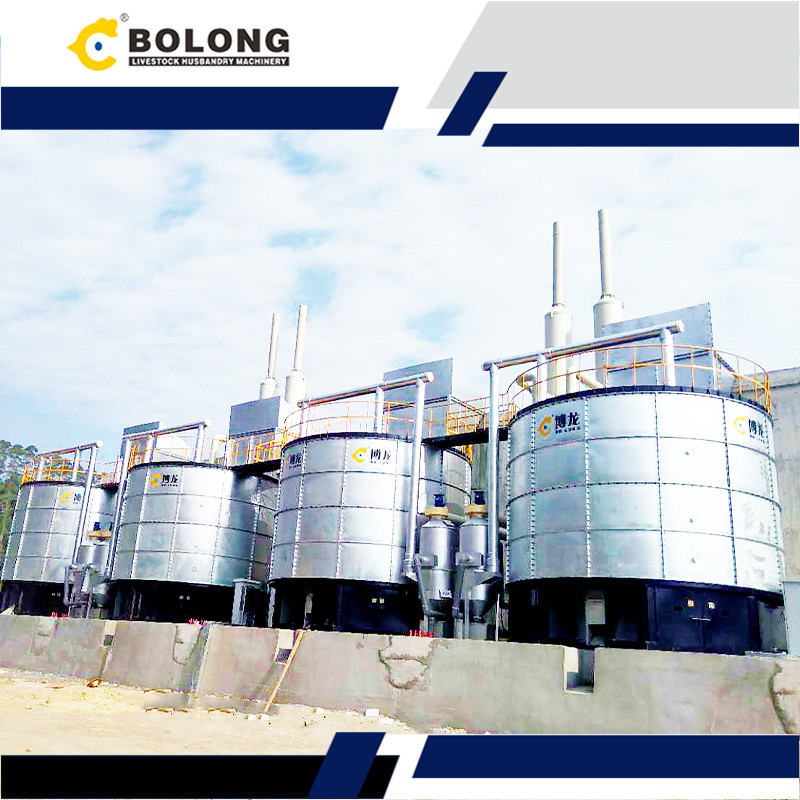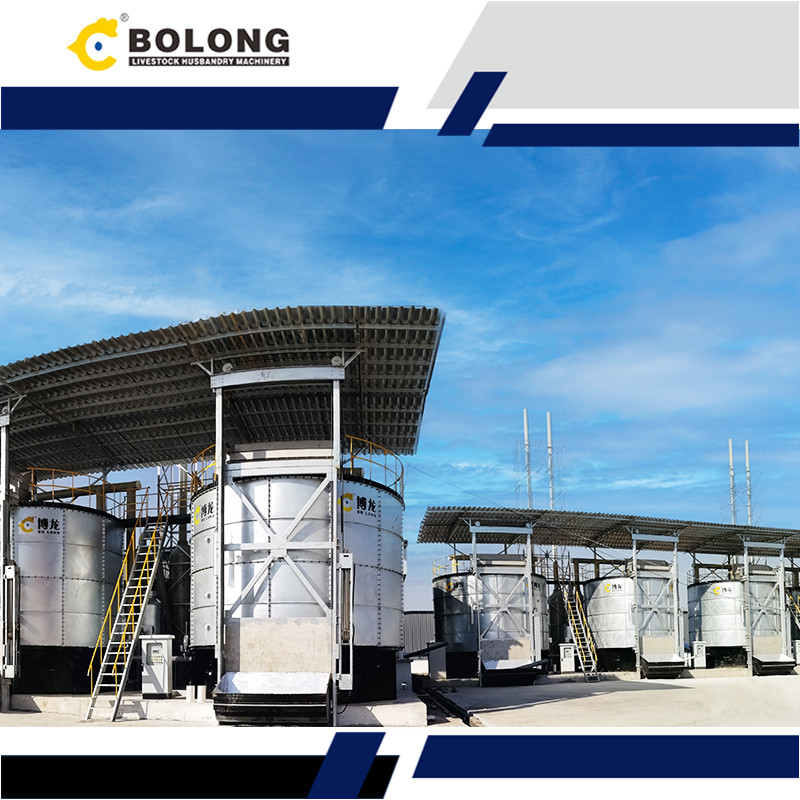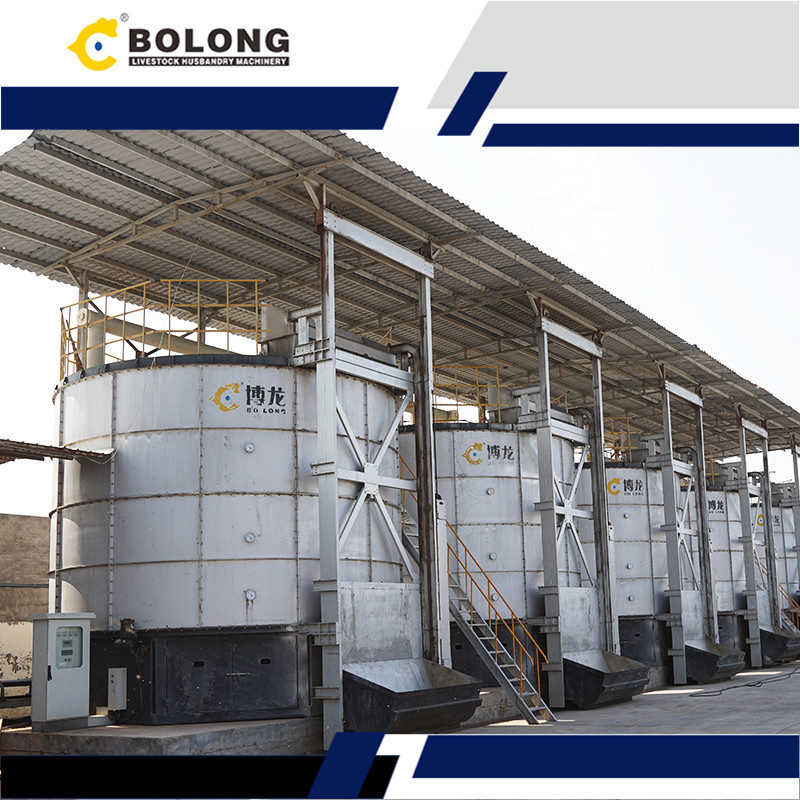Welcome to the world of composting! If you’re interested in eco-friendly waste management and creating nutrient-rich soil for your garden, a compost tower is an excellent solution. In this article, we will explore the workings of a compost tower and delve into the factors that influence its efficiency. So, let’s get our hands dirty and discover how long it takes for a compost tower to work its magic!
Compost towers, also known as compost bins or composters, are specialized containers designed to facilitate the natural decomposition of organic waste. They provide an ideal environment for microorganisms like bacteria, fungi, and worms to break down organic matter into compost, a nutrient-rich fertilizer for plants.
The magic of compost towers lies in the art of aerobic composting. When organic waste is added to the compost tower, the microorganisms start their work. They require oxygen to thrive, and the design of the tower ensures proper aeration. As the microorganisms break down the waste, heat is generated, speeding up the composting process.
Several factors can influence how quickly a compost tower produces usable compost:
The mix of organic materials affects the balance of nutrients in the compost. A diverse mix of greens (like kitchen scraps) and browns (such as leaves) creates a perfect environment for composting.
The size of the compost tower and its design impact airflow and heat retention, directly influencing the composting speed.
Microorganisms thrive in a warm and moist environment. Maintaining the right temperature and moisture levels accelerates the composting process.
Regularly turning and mixing the compost allows for better aeration and even decomposition, expediting the overall composting time.
Before you embark on your composting journey, ensure you choose the right compost tower for your needs. Consider the available space, the volume of waste you produce, and the ease of access for turning and maintenance.
The composting process involves three stages: mesophilic, thermophilic, and maturation. During each phase, different microorganisms work together to break down the organic matter and transform it into compost.
Proper monitoring and maintenance are crucial for a successful composting experience. Regularly check the compost temperature, moisture levels, and turn the compost to ensure efficient decomposition.
Compost towers offer a range of benefits, including reducing landfill waste, producing high-quality organic fertilizer, and improving soil structure and fertility.
Compost towers have advantages over traditional composting methods like open heaps or pits. They provide better pest control, faster composting, and a more compact and organized composting system.
Encountering challenges while composting is natural. We’ll explore common issues like foul odors, pests, and slow decomposition and offer effective solutions.
In conclusion, a compost tower is a fantastic way to turn your kitchen and garden waste into nutrient-rich compost for greener plants and a healthier planet. The time it takes for a compost tower to work depends on various factors, but with the right setup and care, you can expect usable compost in as little as a few weeks. Embrace the art of composting, and you’ll witness the wonders it can do for your garden and the environment.
Q1: Can I compost meat and dairy in a compost tower?
A: It’s best to avoid adding meat and dairy to your compost tower, as they can attract pests and slow down the composting process. Stick to vegetable scraps, fruit peels, coffee grounds, and yard waste.
Q2: How often should I turn the compost in the tower?
A: Turning the compost every 2-3 weeks ensures even decomposition and aeration, accelerating the composting process.
Q3: Can I use compost from the tower immediately on my plants?
A: Compost from the tower should undergo a curing period of 2-4 weeks to stabilize before being used on plants.
Q4: What if my compost is too wet and smelly?
A: Add more brown materials like leaves or shredded paper to balance the moisture and eliminate odor.
Q5: Is a compost tower suitable for small spaces?
A: Yes, compact compost towers are available for small spaces and can efficiently compost your kitchen waste.


